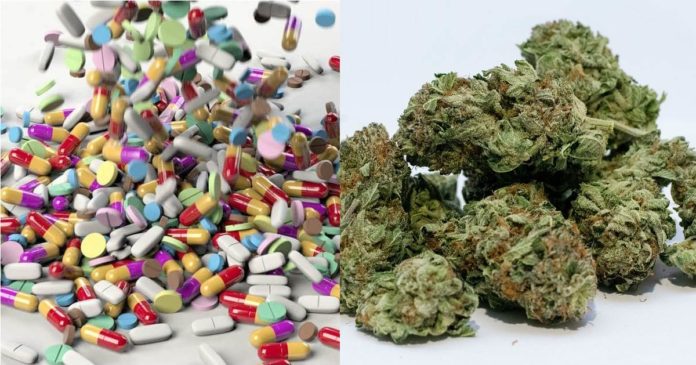New research by scientists at Washington State University indicates the use of medical cannabis with various prescription drugs may be accompanied by significant risk.
The researchers found several major cannabinoids and their metabolites can interfere with two families of enzymes – cytochrome P450s (CYPs) and UDP-glucuronosyltransferases (UGTs) – that play a role in metabolising a wide range of drugs prescribed for a variety of conditions. This could result in therapeutic effects of these medications being amplified, or their negative effects increasing. Positive effects being boosted isn’t a good thing as there can be a very line between therapeutic and toxic doses.
Senior author Philip Lazarus said physicians need to be aware of the possibility of toxicity or lack of response among patients using cannabinoids.
“It’s one thing if you’re young and healthy and smoke cannabis once in a while, but for older people who are using medications, taking CBD or medicinal marijuana may negatively impact their treatment.”
The team’s research found major THC metabolites strongly inhibited several key CYP enzymes in the liver. Also, three cannabinoids – but particularly CBD – inhibited two of the primary UGT enzymes present in the liver. Additionally, CBD was also found to block three enzymes that account for just about all kidney UGT metabolism. This is particularly concerning as UGT metabolism purges toxins and certain drugs from the body.
First author Shamema Nasrin said patients with kidney disease or cancer who smoke marijuana or consume CBD and are taking prescription drugs could have inhibited kidney function with potential long-term effects.
“So, there could be serious ramifications for anti-cancer drugs, and that’s only one example of the many drugs that could potentially be affected by the cannabinoid-enzyme interactions we’re seeing.”
The study has been published in the journal Drug Metabolism & Disposition, and can be viewed in full here.
The Washington State University’s team’s warnings aren’t the first of this nature. Last year Penn State College of Medicine researchers said products containing cannabinoids may have impacts on the effects of some conventional prescription drugs – included commonly used blood thinners, antibiotics, anti-convulsants and pain medications.


